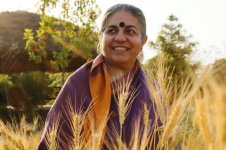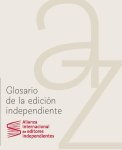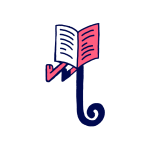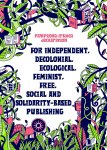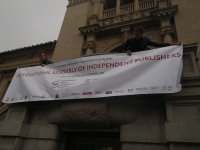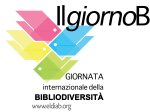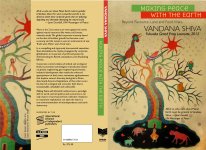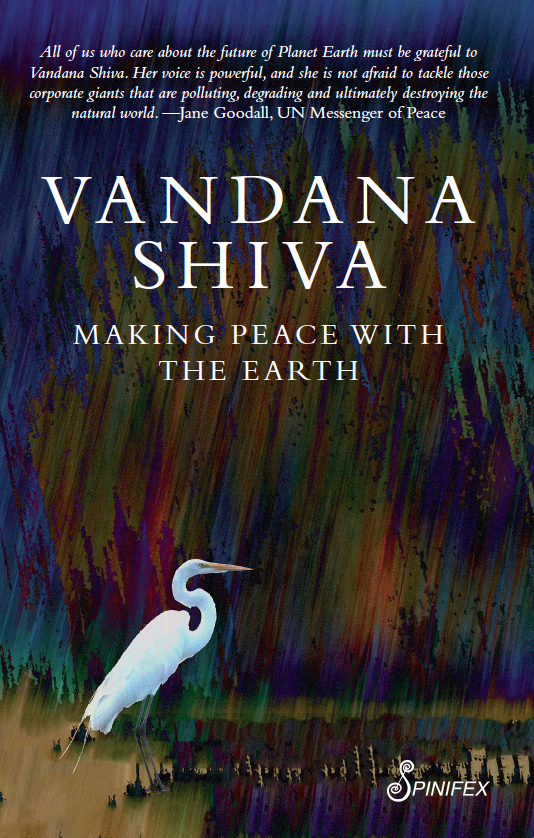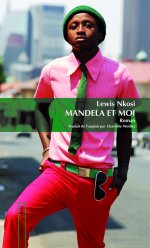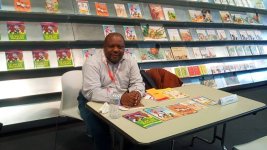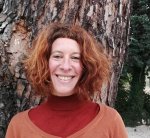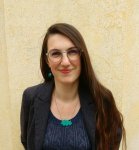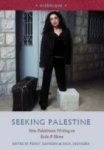
A co-publication of the Alliance’s English-langage network. Two co-publishers : Spinifex (Australia), Women Unlimited (India).
Abstract:
“Palestine-in-exile,” says Rana Barakat, “is an idea, a love, a goal, a movement, a massacre, a march, a parade, a poem, a thesis, a novel and, yes, a commodity, as well as a people scattered, displaced, dispossessed and determined.”
How do Palestinians live, imagine and reflect on home and exile in this period of a stateless and transitory Palestine, a deeply contested and crisis-ridden national project, and a sharp escalation in Israeli state violence and accompanying Palestinian oppression? How can exile and home be written?
In this volume of new writing fifteen innovative and outstanding Palestinian writers—essayists, poets, novelists, critics, artists and memoirists—respond with their reflections, experiences, memories and polemics. What is it like, in the words of Lila Abu-Lughod, to be “drafted into being Palestinian?” What happens when you take your American children, as Sharif Elmusa does, to the refugee camp where you were raised? And how can you convince, as Suad Amiry attempts to do, a weary airport official to continue searching for a code for a country that isn’t recognised?
Contributors probe the past through unconventional memories, reflecting on 1948 when it all began. But they are also deeply interested in beginnings, imagining, in the words of Mischa Hiller, “a Palestine that reflects who we are now and who we hope to become”. Their contributions—poignant, humorous, intimate, reflective, intensely political—make for an offering that is remarkable for the candour and grace with which it explores the many individual and collective experiences of waiting, living for, and seeking Palestine.
Editors:
Penny Johnson is an independent researcher who works closely with the Institute of Women’s Studies at Birzeit University, where she edits the Review of Women’s Studies. Recent writing and research on Palestine has focused on weddings and wars, wives of political prisoners, and young Palestinians’ talk about proper and improper marriages. She is an Associate Editor of the Jerusalem Quarterly.
Raja Shehadeh is a Palestinian lawyer and writer who lives in Ramallah. He is the founder of the pioneering non-partisan human rights organisation, Al Haq, an affiliate of the International Commission of Jurists, and the author of several books about international law, human rights and the Middle East. He is also the author of the award-winning Palestinian Walks and A Rift in Time: Travels with My Ottoman Uncle. His new book, Occupation Diaries, is published in August 2012.
Endorsements:
“How can an essentially sad story give such pleasure? The answer is in these narratives: these stories, memoirs, poems are a pleasure and an education; personal, vivid, original, sometimes witty, always accomplished and always honest. They are a testimonial to the human spirit, and to the growing contribution of Palestine to literature.” —Ahdaf Soueif
ISBN: 81-88965-73-1 (Women Unlimited, India), 978-1-74219-823-1 (Spinifex, Australia).
